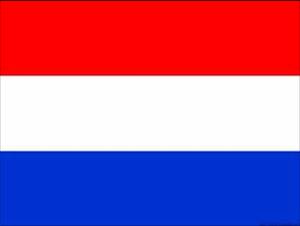Banking Crisis
Dutch State Cuts Stakes In ABN AMRO

Almost a decade on from the financial crisis, the Dutch government is trimming its stake in the lender that it had bailed out.
A Dutch state investment fund has sold down the government’s stake in ABN AMRO, the lender that was bailed out almost a decade ago in the global financial crisis, cutting the stake to 56 per cent from 63 per cent.
NL Financial Investments has sold 65 million depository receipts, representing ordinary shares in the bank, at a price of €23.5 per receipt. The bank will not receive any of the proceeds, a statement said.
ABN AMRO has been restructuring operations in recent years in the wake of the financial crisis, which saw the bank, along with some other European peers, bailed out. Among recent actions, the lender has sold its Asian private banking operations. (See here.) In the UK, Royal Bank of Scotland, which had taken ABN AMRO over in a disastrous deal in 2007, is still majority-owned by the taxpayer; UK-listed Lloyds, meanwhile, has completely returned to private ownership following its bailout around the same time as RBS.
The Dutch state investment house has agreed that remaining shares in ABN AMRO that it still holds will be locked up for 60 calendar days after transaction is settled, although the joint bookrunners may waive this at their sole discretion.
As a result of the move, the ABN AMRO Trust Office holds 44 per cent of the bank’s ordinary shares.